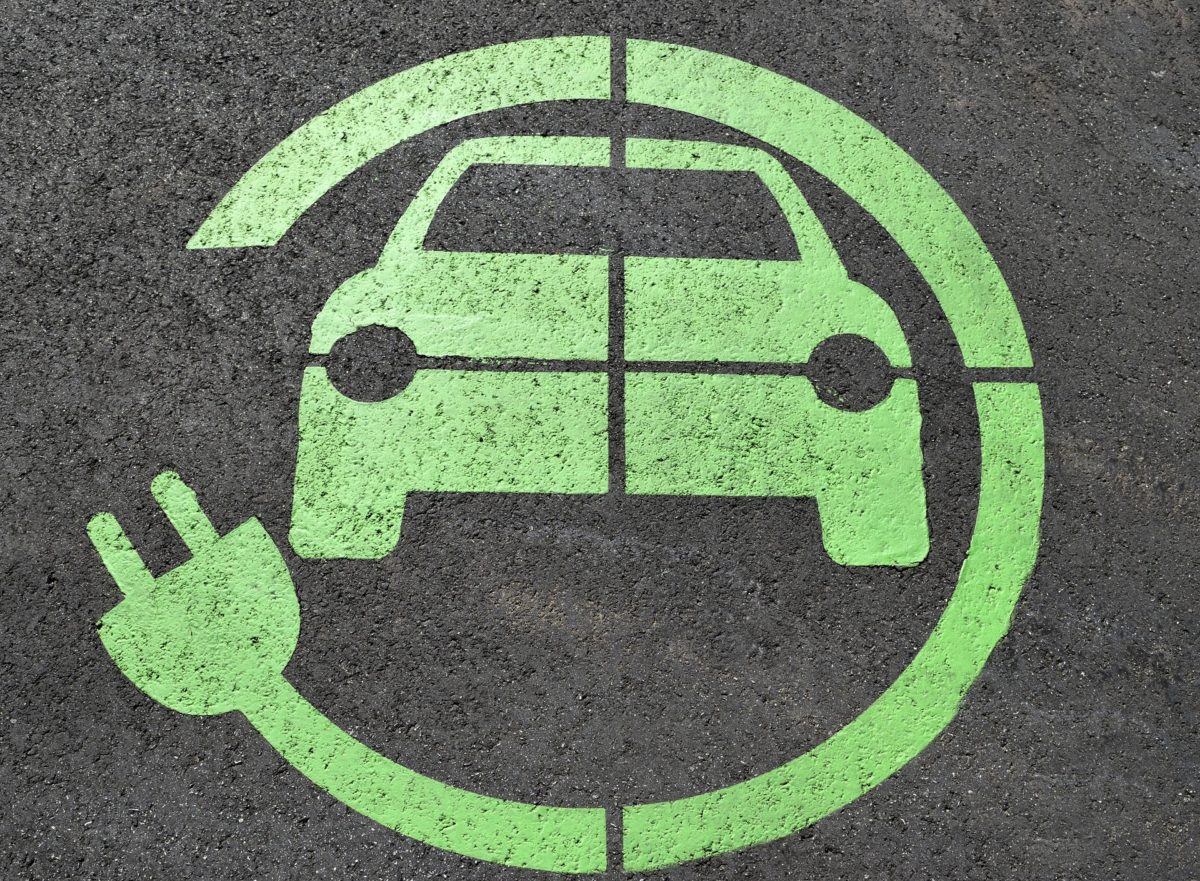Siemens’ Digital Industries Software subsidiary has announced plans to expand its battery research business in China by developing a facility which will help extend the range of future electric vehicles (EVs), among other innovations.
The Siemens division will work closely with the Tianmu Lake Institute of Advanced Energy Storage (TIES) – launched in April by the Institute of Physics at the Chinese Academy of Science – to develop new battery technology. Jiangsu Zhongguancun Technology Park will also be a partner in the project.
The partners will establish the Advanced Battery Technology Innovation Center at the RMB500 million ($70 million), 51,000m² TIES facility in Liyang, China. A statement from the project partners said Siemens’ digital services will enable design and simulation, test and analysis, pilot verification and engineering simulation at the center.
“As the first digital innovation center in [the] battery field, we aim to provide comprehensive digital solutions for the innovation chain and production chain; from first principle calculation to digital twin factory; from materials to systems,” said TIES chief executive Hong Li. “This target is difficult to be realized but certainly worthy for a long-term effort. Based on digital solutions we believe we can understand the complex batteries and their processing precisely and produce new batteries with unprecedented quality and reliability.”
Collaboration
The research center will also provide consulting services to enterprises in China and abroad. The center will offer services including digital construction and manufacturing advice and shared lab leases for smaller enterprises. The project partners said such an approach would foster collaboration throughout the supply chain, enabling the partners to develop “the leading-edge battery technology required for enhanced range with future electric vehicles”.
The center will be the first to provide extensive third-party testing, research and development verification and technology services under one roof and is situated near significant battery manufacturers including CATL and LG Chem.
“The rise of China as an energy storage powerhouse is part of the much larger story of its dominance in the electric vehicle market, where it accounts for half of all EV sales globally and is expected to lead for decades to come,” said Pei Huang, CEO and chief analyst at smart manufacturing research company e-works. “Given the breadth of Siemens Digital Industries Software, with enabling technologies serving most stages of the battery design, simulation and production process – also its deep relationships with EV market leaders in China and beyond – it’s no surprise TIES’ leadership selected Siemens as its key partner and supplier supporting this new center.”
EU ambition
Europe, meanwhile, is also placing its bets on storage. In October 2017 the EU announced the launch of a battery alliance quickly followed by a vision of 10-20 gigafactories for storage products. The market in Europe alone could be worth €250 billion ($274 billion) by 2025.
“The EU has taken steps to develop a strategic framework for energy storage in view of accelerating the transformation of the EU’s energy system and bringing promising new low-carbon technologies to the market,” stated a report from the European Court of Auditors assessing the bloc’s hopes of establishing a battery manufacturing industry. “However, there is a risk that the measures taken so far will not be sufficient to achieve the EU’s strategic objectives for clean energy. The EU is behind its competitors in terms of battery cell manufacturing capacity. There is a risk that the current EU strategic framework will not meet the challenges of the energy transition.”
In an energy storage market dominated by manufacturers in an Asian market where demand could reach 400 GWh in 2025, the European battery industry currently represents only 3% of global supply.
This article was amended on 26/09/19 to reflect that it is the overall TIES facility, rather than the Advanced Battery Technology Innovation Center, which cost RMB500 million and occupies 51,000m².
This content is protected by copyright and may not be reused. If you want to cooperate with us and would like to reuse some of our content, please contact: editors@pv-magazine.com.




By submitting this form you agree to pv magazine using your data for the purposes of publishing your comment.
Your personal data will only be disclosed or otherwise transmitted to third parties for the purposes of spam filtering or if this is necessary for technical maintenance of the website. Any other transfer to third parties will not take place unless this is justified on the basis of applicable data protection regulations or if pv magazine is legally obliged to do so.
You may revoke this consent at any time with effect for the future, in which case your personal data will be deleted immediately. Otherwise, your data will be deleted if pv magazine has processed your request or the purpose of data storage is fulfilled.
Further information on data privacy can be found in our Data Protection Policy.